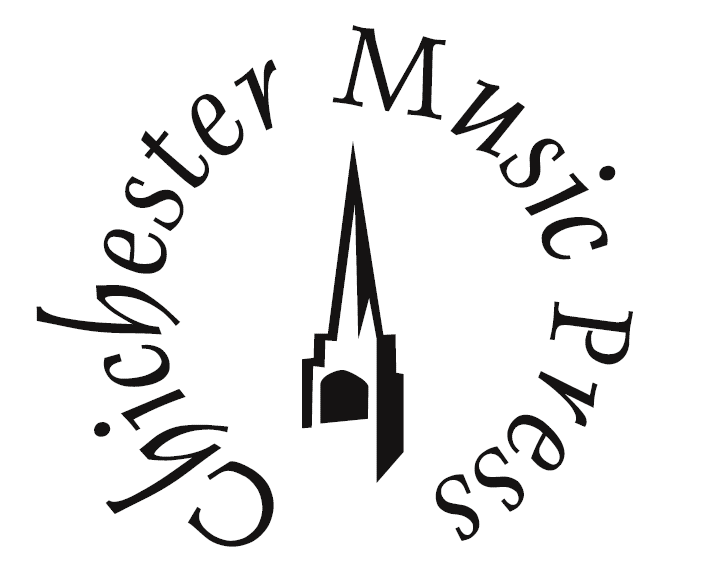
 |
|
Duration: 6'45" Ensemble: SATB piano Grading: Medium/Difficult |
|
There are a variety of musical settings for this incredibly powerful and moving text, the most
famous of which arguably is that of Howard Goodall's composition (as heard on The Vicar of
Dibley).
The text of Psalm 23 outlines the life that will greet us upon passing from this world into the
next: a life with God, with green pastures and waters of comfort. As a composer, there is
ample justification in looking at these words of hope and comfort and writing sweet,
harmonious music. I, however, ended up taking a different approach.
In early 2013, a very dear and special friend of mine — Sylvia Pavey — passed away. During the
weeks and months following her death, I felt a deep sense of loss, and I wanted to do my
part in keeping her alive in the thoughts and memories of those who knew her, and in those
who did not. It was therefore that I looked to Psalm 23, and to setting these powerful
words to music.
When I think of Sylvia, a plethora of wonderfully happy and fun memories come flooding
into my head. Sylvia was such an amazingly warm, thoughtful and generous person, and I
wished to portray this through my composition. This desire, combined with the beauty of
the text, would seem easy to fulfil. However, the more I thought about Sylvia's passing, the
more I thought about the darker side of death, for no matter how amazing a person she
was, I could not get away from the feeling of emptiness and sadness that I felt. These
feelings made me look at the text in a different way. There are several lines which other
composers tend to ignore, or skim over, the most obvious of which is "Yea though I walk
through the valley of the shadow of death, I will fear no evil". Here, the shadow of death is
usually avoided, and the "triumph" over evil is highlighted. But our fear of death, and the
void it leaves, cannot be ignored. Neither can it be forgotten or simply brushed aside. I
realised that there was only one way that I could portray the wonderful person that Sylvia
was, and the life with God that she now enjoys, and that was by making people experience
also the realities of death — its darkness and sheer terror. Only by experiencing darkness can
we appreciate light. Perhaps this sentence best sums up the composition, as stated by a
friend of mine upon a first hearing:
"[I] really like this setting because it's so stark and jarring at times (and not just at the
obvious places). It seems to suggest the difficulties of life even with a faith in God
which will only be resolved at the ultimate end 'in the house of the Lord'. The
constant drone in the piano part seem to echo throughout even when they do
disappear, as the plodding footsteps through life."
I hope this composition will take you through a journey that we all — including Sylvia —
experience in our lives. There are ups and downs, triumphs and sorrows, good times and
bad times — but, ultimately, we shall all experience wonderful paths of righteousness.